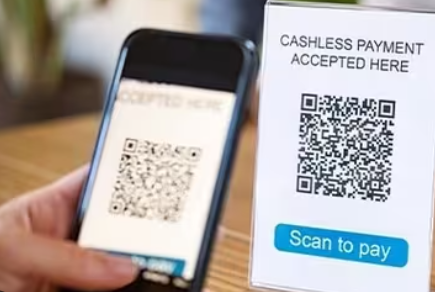RBI Increases UPI Lite Wallet and Transaction Limits
The Reserve Bank of India (RBI) has raised the UPI Lite wallet limit from ₹2,000 to ₹5,000, which aims to encourage digital transactions. The new rules were announced recently and are effective immediately.
New Wallet Limit
The wallet limit for UPI Lite is now ₹5,000. Previously, it was set at ₹2,000, which allows users to hold more funds in their UPI Lite wallets. It simplifies transactions for everyday purchases.
Updated Transaction Limit
The transaction limit for offline payments has increased from ₹500 to ₹1,000. Users can now make higher-value transactions seamlessly. This enhancement aims to improve user experience and promote cashless payments.
Regulatory Framework
These updates are made under the Payment and Settlement Systems Act, 2007. The RBI continues to focus on promoting digital payments. The changes reflect the growing demand for secure and efficient payment systems.
Context of Changes
RBI Governor Shaktikanta Das brought into light the need for increased transaction limits. Digital payments play important role in India’s economy. The changes align with the RBI’s strategy to enhance the digital payment landscape.
UPI has achieved remarkable milestones since its inception in 2016. In October 2024, it recorded 16.58 billion transactions in a single month. This growth puts stress on the increasing reliance on digital payment systems.
UPI Lite Features
UPI Lite allows users to link multiple bank accounts to one mobile app. It facilitates quick transfers, peer-to-peer transactions, and merchant payments. This flexibility makes UPI Lite a popular choice among users.
GKToday Facts for Exams:
- UPI Lite: UPI Lite is a simplified version of the Unified Payments Interface. It allows users to conduct transactions without entering a PIN for small amounts, enhancing convenience.
- Payment and Settlement Systems Act, 2007: This Act regulates payment systems in India. It aims to promote safe and efficient payment mechanisms, supporting the growth of digital transactions across the nation.
- National Payments Corporation of India (NPCI): NPCI was established in 2008. It manages India’s retail payment systems, including UPI. NPCI aims to create a robust payment infrastructure for the country.
Month: Current Affairs - December, 2024
Category: Economy & Banking Current Affairs


